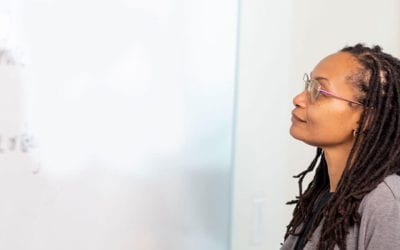Deserving of a truly special honor
On Saturday, April 22, I joined friends of Roosevelt University and the Mayor Harold Washington Legacy Committee in the Murray-Green Library to recognize Kiera Carpenter (she/her) as the inaugural recipient of the Mayor Harold Washington Legacy Scholarship.
That beautiful spring morning, I reflected on Kiera’s accomplishments, values, goals and aspirations as I rode the train from my home in Joliet through the Southland suburbs and the neighborhoods of Chicago’s South Side. Kiera grew up in Pill Hill, just east of Stony Island, and has lived in various neighborhoods throughout the city. She’s a true blue, bona fide Chicagoan — much like the late Harold Washington.
I was honored, excited and humbled to introduce Kiera. It was most appropriate (you’ll soon understand why) that this lovely ceremony was held on Earth Day — a day which began in 1970 as a global demonstration by millions of people on behalf of the environment.
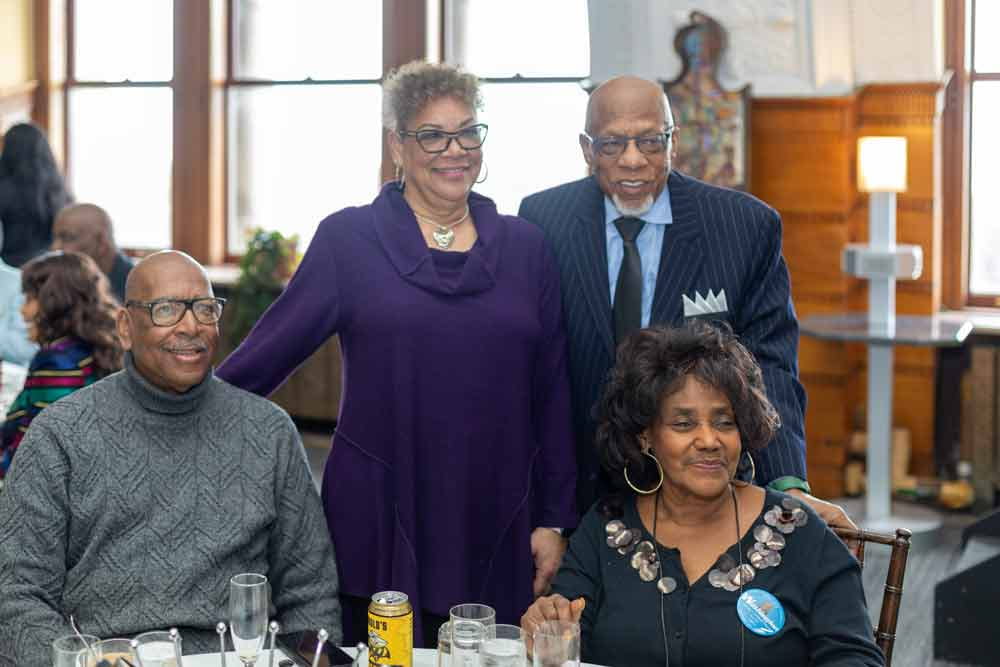
Kiera is a rising senior pursuing her Bachelor of Arts in sustainability studies and a minor in environmental science. She is a returning adult student and a standout scholar, and she works as one of two student associates in the Department of Sociology and Sustainability. Kiera ably represents Roosevelt as a steward in the Resilience Studies Consortium. The Consortium consists of 12 small colleges and universities in the United States, Mexico and Europe — all dedicated to furthering sustainability and community resilience through education rooted in place. Through this program, Kiera attended the Headwaters Conference at Western Colorado University in December 2022, where she met with her fellow student stewards to plan collaborative projects.
Pretty impressive, right? Well, there’s more! Kiera recently earned a prestigious and highly competitive research fellowship through the National Science Foundation. In turn, Kiera will study plant ecology at the Chicago Botanic Garden — one of Chicago’s most important institutions of ecological research and public education — this summer. She will learn advanced research techniques under the mentorship of a Black female research scientist, Dr. Alicia Foxx. I can’t help but think about how this summer’s experiences may foreshadow Kiera one day mentoring a new generation of female environmental scientists of color. I also consider this achievement a true feather in the cap of Roosevelt’s sustainability studies program as well as inspiration for future students.
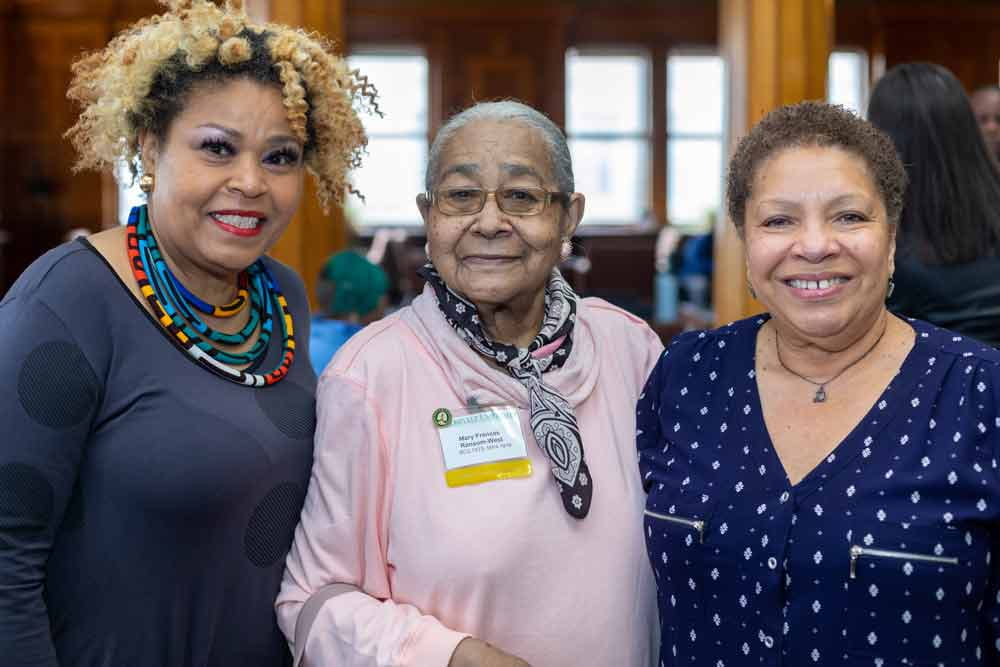
Kiera is an aspiring environmental professional who combines a wealth of prior work experience with a strong work ethic, growing knowledge of sustainability, keen interest in urban ecology and environmental conservation. She is dedicated to advancing social justice at Roosevelt and in the Chicago region.
I got to know Kiera in January of 2021, during her first year at Roosevelt as a working adult student putting herself through school — the apogee of the pandemic’s impact on all of higher education. Kiera enrolled in two of my courses. She was an excellent student in both classes, demonstrating strong writing and research skills. Her desire to go beyond simply understanding ideas and concepts in order to make connections among different fields brought a mature thoughtfulness to class discussion (more like a graduate student than a typical undergraduate). Ever since, Kiera has remained a strong contributor, a good listener and an effective collaborator.
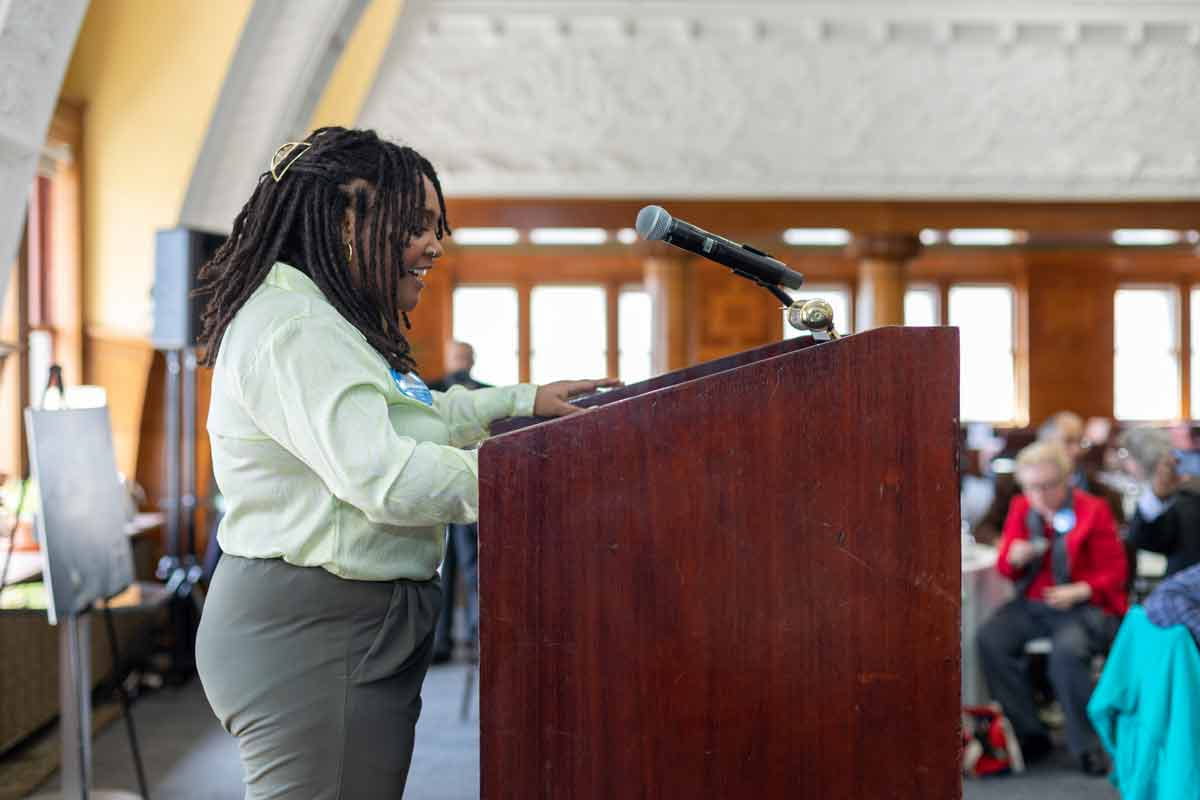
When Kiera applied to be a student worker for our department, I eagerly hired her. I was quite impressed by her work experience—[including] an extended stint as Chance the Rapper’s personal assistant. I was also struck by Kiera’s determination to put her sustainability education to good use on behalf of our campus community. Kiera quickly became a go-to person for me in terms of coordinating our sustainability efforts at Roosevelt. She began leading campus-wide projects and contributing to our sustainability blog.
Kiera has emerged as a standout student leader. She and two other students, Sophia Gallo and Kayla Nelson, presented a comprehensive sustainability plan at last fall’s Loundy Human Rights Project Symposium. Their work continues to revise the University’s strategic sustainability plan, and its profound importance was recognized this spring when Kiera, Sophia and Kayla received the Presidential Award for Social Justice — the highest recognition granted by the University for current students. The high level of Kiera’s work over the past year is rarely seen among undergraduates of any age.
Faculty write a lot of letters of recommendation. For jobs, fellowships, internships and scholarships — like this one. These letters are an unsung but important part of our job, and they often come upon at inconvenient times … so sometimes the writing process can be stressful.
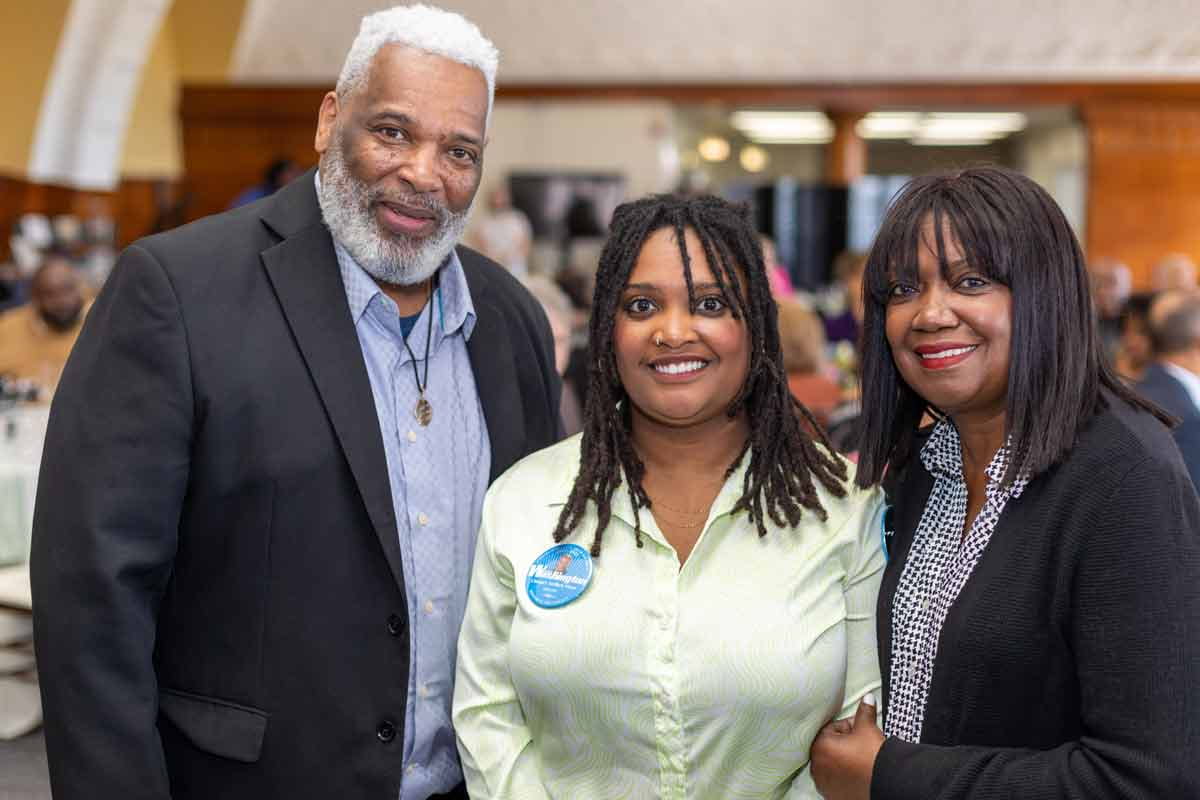
Not in this case. It was an absolute delight to recommend Kiera for the inaugural Harold Washington Legacy Scholarship. I’m so pleased and proud that she was chosen as this year’s recipient. I cannot think of a student I’ve had in my 27 years of teaching at Roosevelt who is more deserving of this truly special honor. Congratulations, Kiera! ●
Each year, the Harold Washington Legacy Scholarship recognizes an outstanding student who displays the highest level of commitment to transformative justice and democratic values. The award honors the legacy of Mayor Washington, a distinguished Roosevelt alumnus and Chicago’s first Black mayor. Visit roosevelt.edu/hwlegacy to support this initiative.

Legacy Award recipient Kiera Carpenter with Mike Bryson, Loisteen Woods Walker and Andrae Marak
More in this section
A big change in tuition is brewing for the incoming class of 2023
A recent study by University of Chicago National Opinion Research Center revealed that Americans see the cost of education as the No. 1 barrier to completing a degree or beginning college.
A philosophical approach
In fall 2012, Roosevelt University’s Wabash Building opened — making history as the second tallest academic facility in the United States.
Standing up for what is right
The Untermyer Award honors Long’s many proclivities: nominees are professors who are prolific in their subject area, are innovative in the classroom and combine their teaching with activism.



